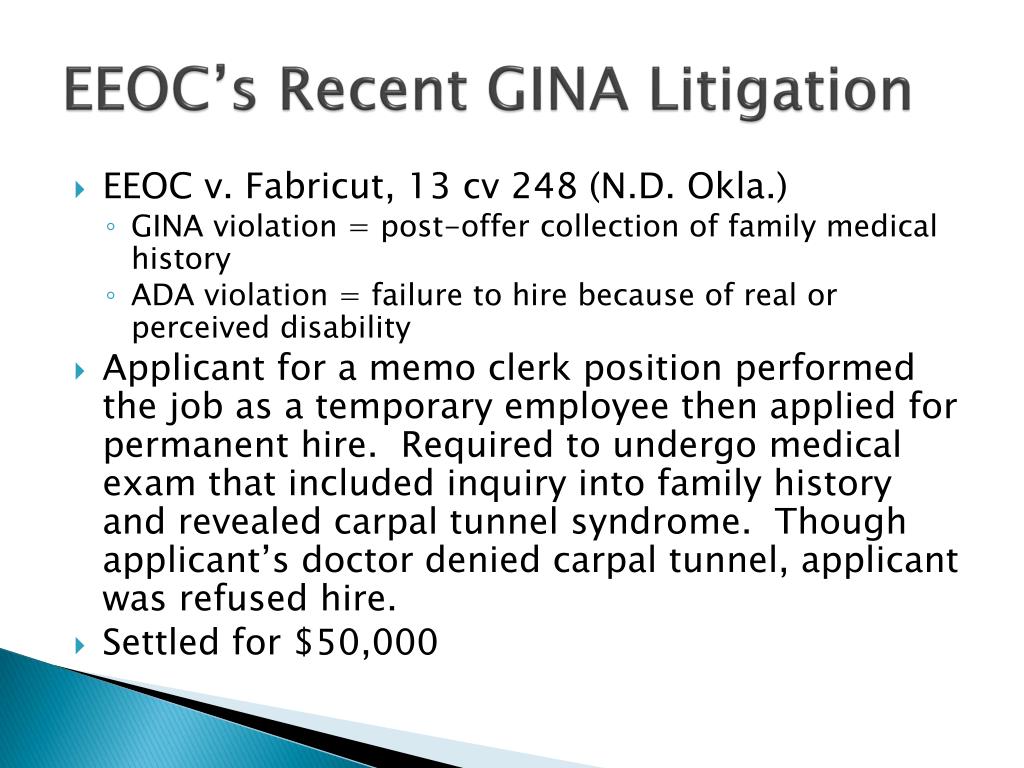

To be unlawful, the conduct must create a work environment that would be intimidating, hostile, or offensive to reasonable people.

Petty slights, annoyances, and isolated incidents (unless extremely serious) will not rise to the level of illegality. Anti-discrimination laws also prohibit harassment against individuals in retaliation for filing a discrimination charge, testifying, or participating in any way in an investigation, proceeding, or lawsuit under these laws or opposing employment practices that they reasonably believe discriminate against individuals, in violation of these laws. Harassment becomes unlawful where 1) enduring the offensive conduct becomes a condition of continued employment, or 2) the conduct is severe or pervasive enough to create a work environment that a reasonable person would consider intimidating, hostile, or abusive. Harassment is unwelcome conduct that is based on race, color, religion, sex (including sexual orientation, gender identity, or pregnancy), national origin, older age (beginning at age 40), disability, or genetic information (including family medical history). Harassment is a form of employment discrimination that violates Title VII of the Civil Rights Act of 1964, the Age Discrimination in Employment Act of 1967, (ADEA), and the Americans with Disabilities Act of 1990, (ADA).


 0 kommentar(er)
0 kommentar(er)
